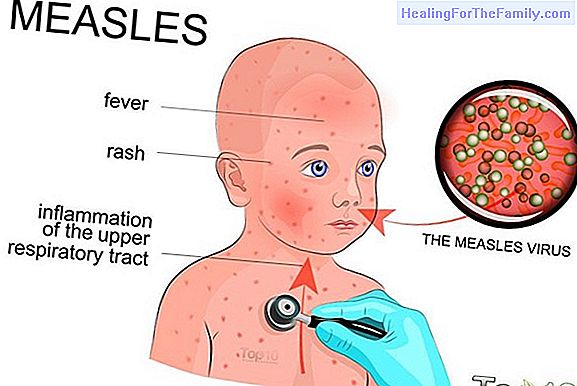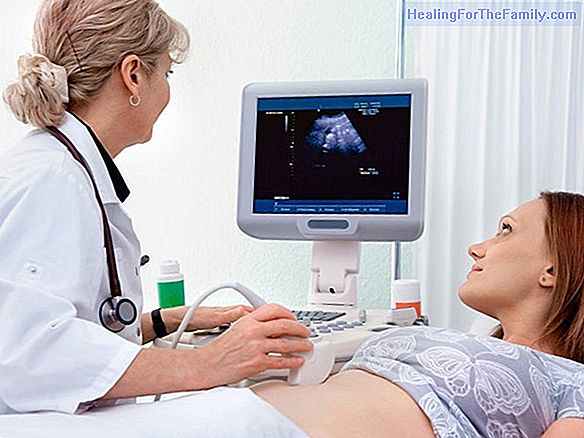Cytology during pregnancy and after delivery
Cytology is a test that seeks to detect changes in the cells of the cervix . It is useful to detect if there are alterations in this area, and if diseases such as cervical cancer could develop. It can also detect sexually transmitted infections, which can affect pregnancy, such as chlamydia, gonorrh
Cytology is a test that seeks to detect changes in the cells of the cervix. It is useful to detect if there are alterations in this area, and if diseases such as cervical cancer could develop. It can also detect sexually transmitted infections, which can affect pregnancy, such as chlamydia, gonorrhea, etc.
How a cytology is performed on the pregnant woman

The cytology performed by the gynecologist or midwife in the routine consultation, after placing the speculum to visualize well the cervix a flow sample of the cervix is taken by means of a swab (as a swab) that is subsequently sent to the laboratory for examination. The results may take several weeks.
The question many pregnant women ask themselves is: is it a painful test? It is a test that can be annoying, but not painful. We always recommend that the woman try to relax as much as possible, in order not to tense the muscles of the pelvic floor, and in this way that does not hurt. It is important to know that after the test there may be a slight bleeding (which is not important, since it is external, comes from the neck), especially during pregnancy that there is generalized edema and we have more tendency to bleed.
When to perform a cytology in pregnancy
Ideally, cytology preconceptionally, when the woman plans to become pregnant. In this way we have the certainty that there are no alterations at this level.
However, it is not uncommon for us to perform this test in one of the first reviews of pregnancy, during the first trimester: as long as the woman does not have a cytology done in the last year with normal results.
In the following trimesters of pregnancy, only cytology will be performed in cases in which there is a disease clinic, that is to say that the pregnant woman presents symptoms that make us suspect that she has an active infection.
When to perform a cytology after delivery
As a general rule, women should have a Pap smear every two years . After 30 years or if the last three cytologies have given negative results, it could be enough to do it every three years, as long as our gynecologist sees it.If the woman or her sexual partner has sex with other partners, it should be done every 2 years.
From 65-70 years, and provided that the last three Pap smears performed in the previous 10 years have given negative results, most women could stop performing this test, unless they start a relationship with a new partner sexual or otherwise manifest symptoms of any sexually transmitted infection.
Women
with a special risk of developing cervical cancer should undergo vaginal cytology annually. In this category would enter: - Sexually active adolescents, especially if they have sex with different partners.
- Women with a history of sexually transmitted diseases.
- Women with previous abnormal Pap smears.
- Women with genital warts caused by the human papillomavirus.












